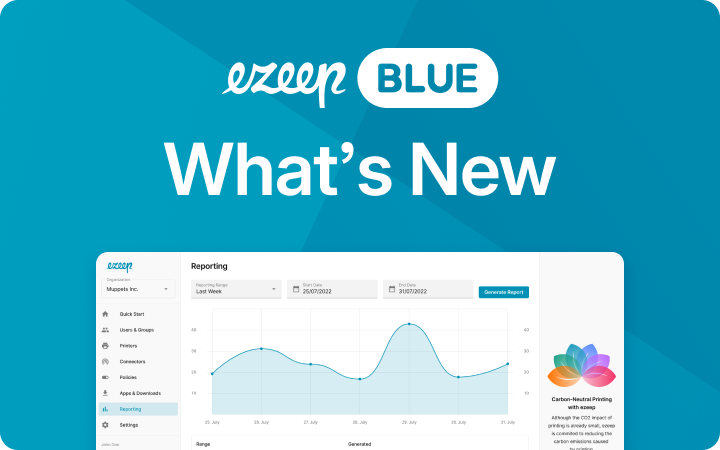Stealing Time: How Technology Can Hurt or Harm Our Inner State
The promise of modern technology has always been: use it and you’ll have more time for the important stuff in your life. As it turned out, it’s quite the opposite. There’re a lot of socioeconomic reasons for this development but, to some degree, it’s caused by the way digital services today are designed from the very beginning. Those services are stealing time by design, tricking us into thinking the stuff we do on there is somehow important.
Use It All Day, All Night
That’s also fuelled by the current mentality in the tech scene. Getting as many users as possible for as long as possible on a service is considered the holy grail. An app or a service just isn’t “hot” enough if that criteria isn’t met.
Take Facebook, Google+ or every other so called “social” network: everything you’re supposed to do on there is meant to keep you longer within their walled version of the web, better providing their system with ever more data about you. The brightest design teams in the world are devoted to making their users supply usage data, generate content for free and clicking ads.
Really Be in the Moment
The goal of enhancing people’s lives has become synonymous with the idea of holding them for as long as possible on the sites or within the apps of a digital service. But digital experiences can never replace physical experiences and the rich emotions they can trigger. Case in point: Actively enjoying a party with good friends will always be more fulfilling than constantly taking and posting pictures of that party.
At ezeep, reducing the time our customers & users need to spend with our service is one of our main goals. If our customers need to go to our web app configuring their printers all the time, then we clearly have failed. If users need to spend more than five minutes with our product to print something, we’ve also failed.
Good Technology Doesn’t Need You
It doesn’t need you, it should serve you. In truth, we’re pretty obsessed with customer needs, instead of product features. This helps a lot for developing the empathy needed to decide which new features are actually useful. In our research, we always try to determine how our product can be a useful extension of reality instead of forcing features on users just because it’s possible technologically.
Nobody wants to deal with their printers all the time, so another design goal is enabling customers to set up printers once and forget about it. So, hook up that printer to your whole team in 5 minutes, switch off your screens and get out there grabbing some rich emotions.
